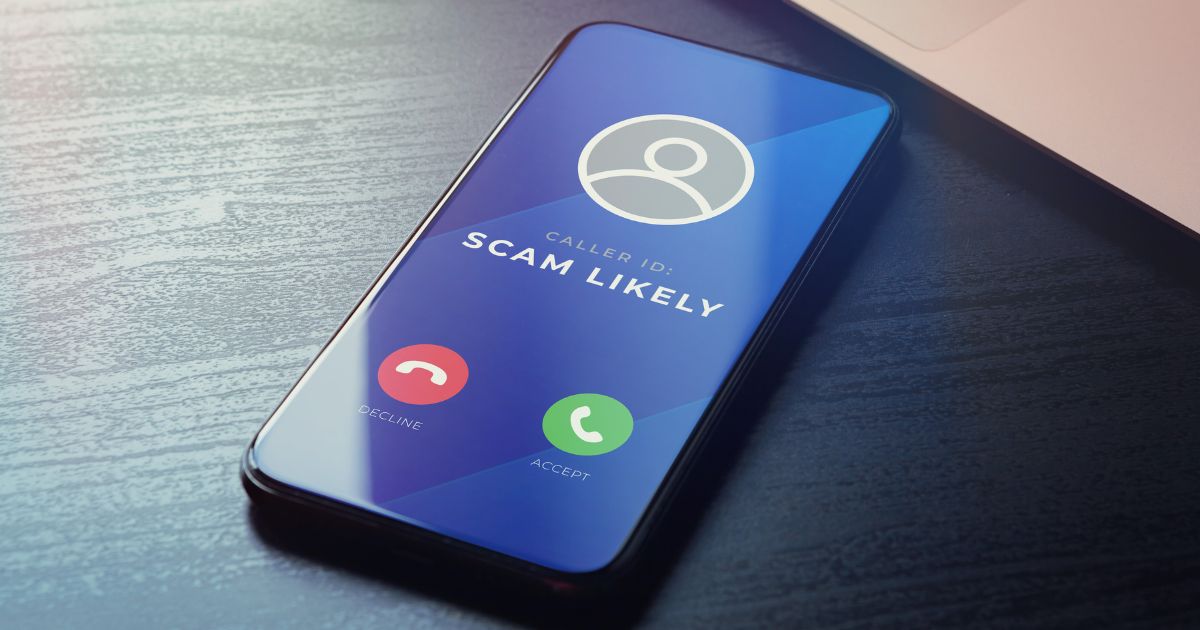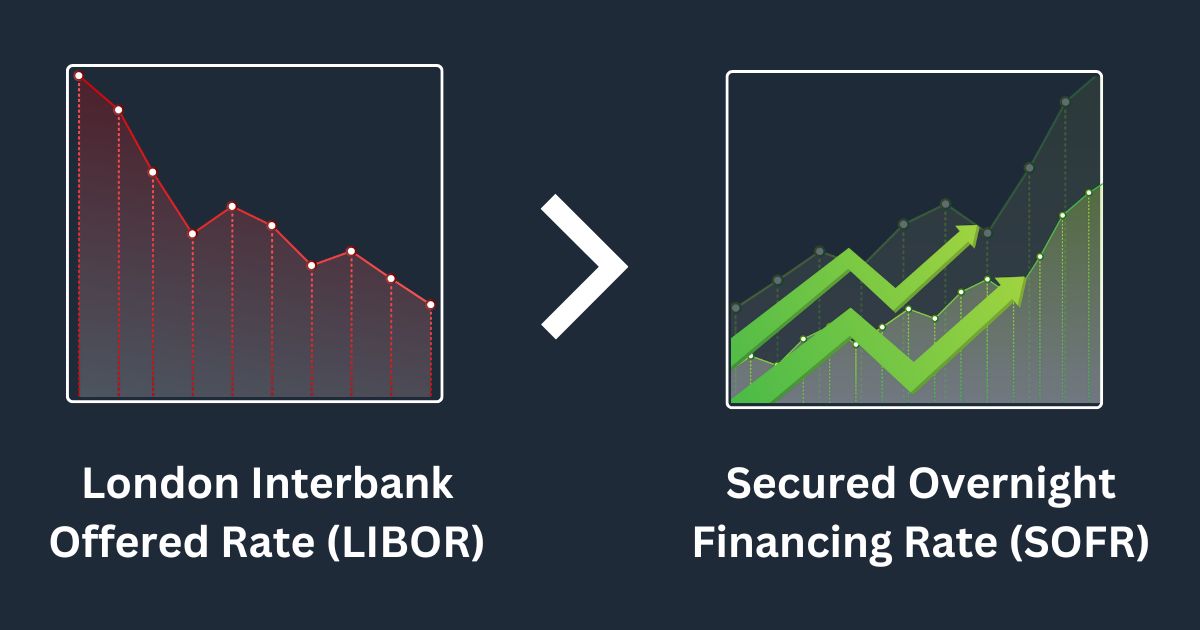In a cautionary note, the Department of Telecommunications (DoT) has urged mobile users to be wary of receiving calls from foreign numbers like those starting with +92, on WhatsApp. The advisory, released by the Ministry of Communications on Friday said, “Cyber criminals through such calls try to threaten/steal personal information to carry out cyber-crime/financial frauds. The DoT does not authorise anyone to make such calls on its behalf and has advised people to stay vigilant and asked not to share any information on receiving such calls.”
Users have been advised to stay vigilant and not to disclose any information if they get calls from unknown persons impersonating government officials threatening to disconnect their mobile numbers due to alleged involvement in illegal activities.
Recently, there has been an increase in reports of fraudulent calls where callers identifying themselves as government officials from the DoT, threaten users of their mobile number disconnection, or their numbers being misused in some illegal activities.
Besides, reports on WhatsApp calls originating from foreign numbers, especially those starting with +92 (the country code of Pakistan), have surfaced with scammers in their attempt to deceive individuals.
The public has been asked by DoT to report such fraudulent calls via the ‘Chakshu-Report Suspected Fraud Communications‘ facility on the Sanchar Saathi portal.
Proactive reporting can help the DoT in deterring the abuse of telecom resources by criminals for cybercrimes and financial frauds.
“Individuals can check the mobile connections in their name at ‘Know Your Mobile Connections’ facility of Sanchar Saathi portal and report any mobile connection not taken by them or not required,” said the press release issued by the Ministry of Communications.
Individuals who have already fallen victim to cybercrimes or financial frauds have been directed to report the incidents to the cyber-crime helpline number 1930 or visit www.cybercrime.gov.in.
It is worth mentioning that, the DoT Suo moto blocked over 1,500 callers, including international numbers, associated with cybercrimes and threats earlier this year to curb the misuse of telecom resources, in view of the rising number of financial frauds.
India has witnessed an alarming increase in the number of online scam cases recently where fraudsters used different tricks to steal money from common people.
Suggested Read: Should WhatsApp and other OTTs be regulated by TRAI?
What should individuals do to minimize the damage in case of financial fraud?
In a span of 10 years from 2011-12 to 2021-22, frauds in banking operations rose by almost 10 times. We at OneNDF, a fintech platform and leading loan marketplace, suggest our readers to immediately inform their bank if they notice any transaction that was not carried out by them or is a fraud.
According to the Reserve Bank of India (RBI) in case a loss has occurred due to unauthorized electronic transactions, an individual’s liability may be limited, but also zero, if they notify their bank immediately.
A fraud victim should apprise the bank about the financial fraud within a stipulated period of time (i.e., three days) of financial fraud.
Earlier it was the customer’s responsibility to prove that she/he was the victim.
If the fraud is reported on time and proven, then it is the bank’s responsibility to pay the entire amount to the customer. Whenever you make an online payment, there exist intermediary platforms like payee bank, payer bank, and payment gateway.
The entire process needs to be encrypted and it has to be ensured that no data of the customer is stored in the process. So, during this process if a fraud happens, the bank has to refund the amount to the customer.
With the rise in digitization, there has been an alarming surge in loan scams. The internet has made it easier for scammers to unlawfully extract the personal data of target individuals basis their profiles. Scammers can now gather information from data breaches and other tactics such as phishing.
Methods of Loan Fraud
Different ways how loan frauds are conducted include-
1.Phishing
Phishing is an online scam where scammers try to acquire personal data by pretending as a trusted institution or person. Phishing usually occurs through fake emails. However, it can also happen through malicious websites, advertisements, etc.
The fake website/link/form will try to collect as much personal information as possible from an individual. It generally includes your identity number (Aadhar card, PAN card, etc.), bank account details, and other sensitive information. Once the scammers get this data, they can misuse it to obtain loans in your name.
Thus, it is advisable to not click on unknown links and always verify the page before submitting your data.
2.Data violations
We all must have heard of at least one or two data breach incidents at one time or the other in our lives. In a data breach, a hacker successfully hacks into a company’s database. Once hacking takes place, scammers can download all the personal data available and use it to apply for loans and other credit-related products.
3.Processing fee
Taking loans generally involves a component of the processing fee, which the borrower pays to the lender for managing the entire application. These days, scammers have started using this element of processing fees to deceive individuals.
The scam generally involves contacting the target person to promise a fake loan offer, typically through a phone call. The scammer will ask you to either pay an advance or processing fee before your loan application is sanctioned. Once this fee is paid, the scammers will run away with it.
4.Fake loan brokers
Scammers these days have started targeting individuals with lower credit scores by posing themselves as loan agent or broker. In this process, they obtain a fee for providing the borrower with a successful loan application. Once they receive this fee, the scammers vanish.
Also Read: 500+ Fake loan app list you should avoid at any cost[2024]
Tips to protect yourself from an online loan fraud
Online loan frauds can be prevented if you follow certain safety measures. These include –
Official channels
Always use an official channel to contact your bank. This means that you should only contact your financial institution via contact details that are mentioned on their official website or mobile banking application.
Keep your data protected
It is advised to store the details of payment mode by websites and apps securely while making online payments. Always be watchful about which businesses you are saving your payment information with.
You should often change your password or PIN to ensure security.
Keep tracking your account
Users are advised to regularly monitor their account and its related transactions as this will help you ensure that no unauthorized transactions are happening via your account. If you come across any transaction you didn’t make, contact your bank soon for the next steps.
Always verify the caller
It is always good to verify the identity of any individual who contacts you identifying himself as a bank’s representative. If you receive any links, read the URL properly before clicking to check its legitimacy.
















